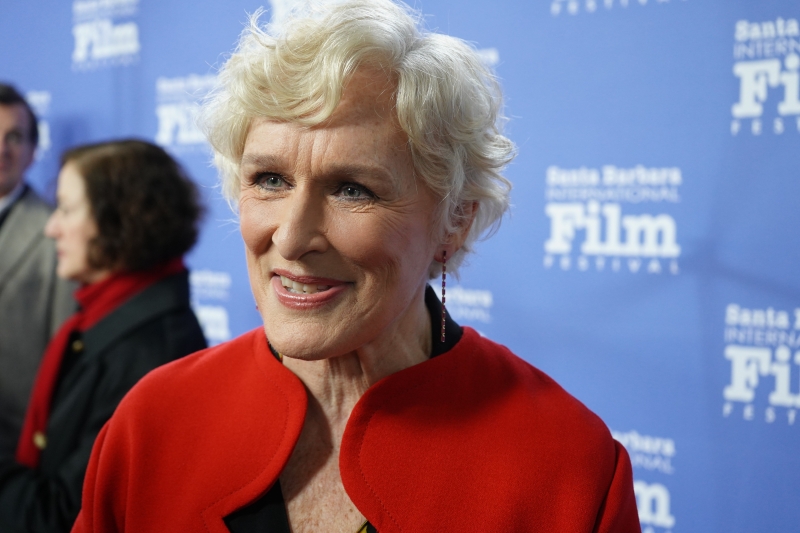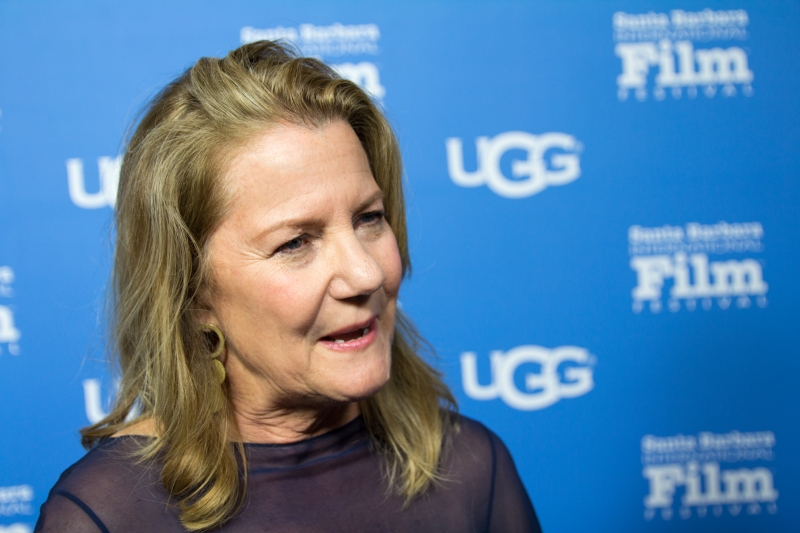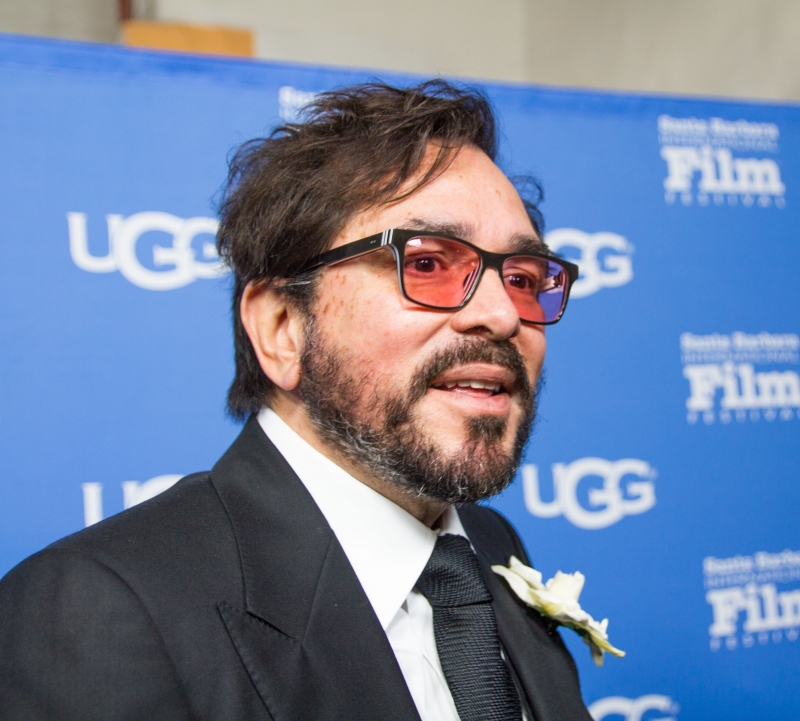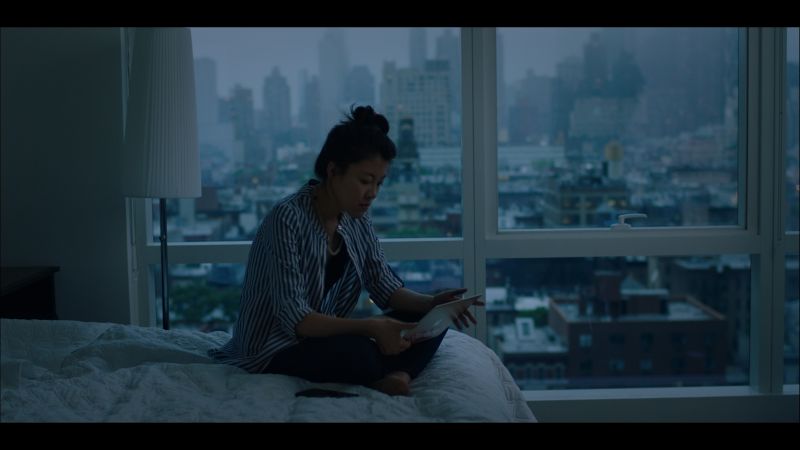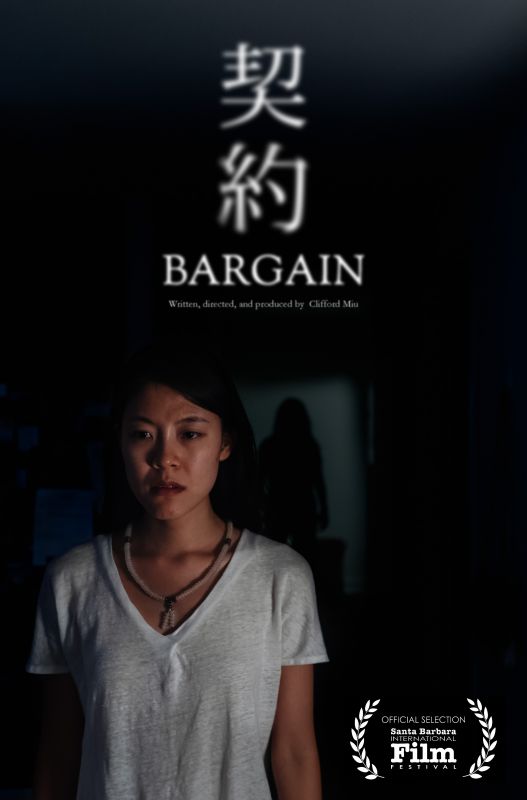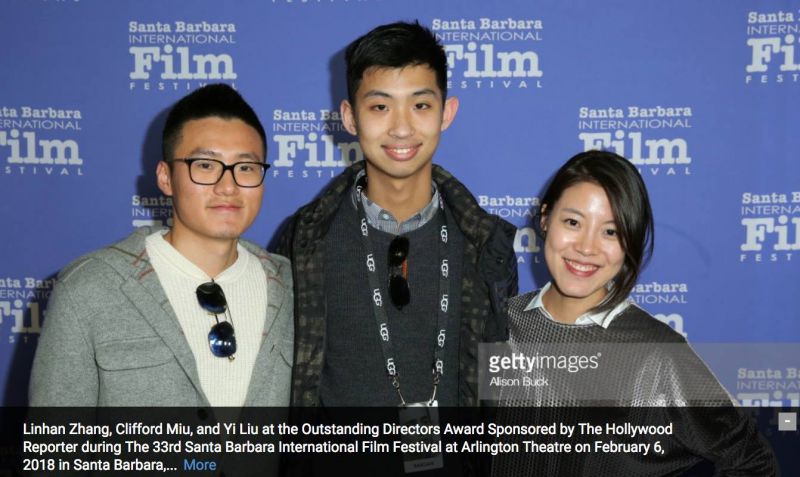|
|
||
|
Pro Tools
FILMFESTIVALS | 24/7 world wide coverageWelcome ! Enjoy the best of both worlds: Film & Festival News, exploring the best of the film festivals community. Launched in 1995, relentlessly connecting films to festivals, documenting and promoting festivals worldwide. Sorry for the interruption, we needed to correct and upgrade some modules. Working on a new website. For collaboration, editorial contributions, or publicity, please send us an email here. You need for put your full detail information if you want to be considered seriously. Thanks for understanding. User login |
Santa Barbara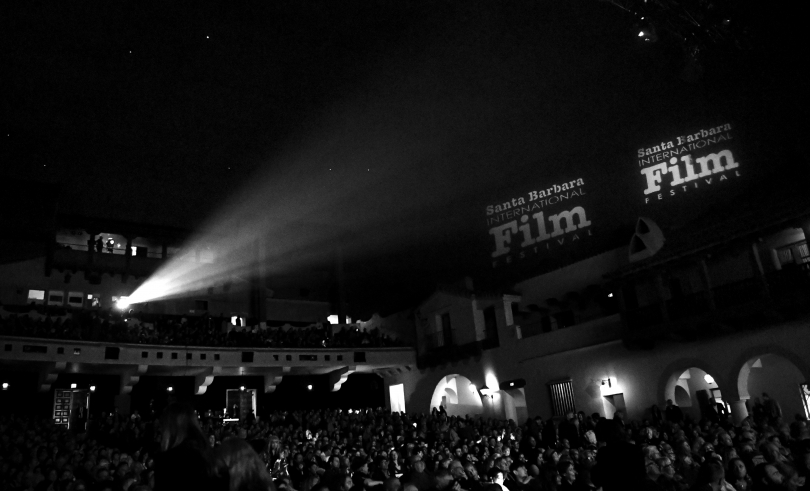
SBIFF is a 501(c)(3) non-profit arts and education organization dedicated to making a positive impact utilizing the power of film. SBIFF is a year-round organization that is best known for its main film festival that takes place each year in February. Over the past 30 years the Santa Barbara International Film Festival has become one of the leading film festivals in the United States – attracting 90,000 attendees and offering 11days of 200+ films, tributes and symposiums. We bring the best of independent and international cinema to Santa Barbara, and we continue to expand our year-round operation to include a wide range of educational programming, fulfilling our mission to engage, enrich and inspire our community through film.
In June 2016, SBIFF entered a new era with the acquisition of the historic and beloved Riviera Theatre. The theatre is SBIFF’s new home and is the catalyst for our program expansion. This marks the first time that Santa Barbara has had a 24/7 community center focused on the art of film and is an incredible opportunity to expand our mission of educational outreach. Particularly important to SBIFF is making available high quality learning opportunities for underserved and vulnerable populations. Our programs and reach are more robust than ever before.  'OCCUPY: THE MOVIE' (2013) at 28th SBIFF. Interview with Corey Ogilvie.
‘Occupy: The Move’ (2013) by Canadian director Corey Ogilvie tells the story about the global social movement known as ‘Occupy’ which began in Wall Street, New York on September 17, 2011. The movement ‘Occupy’ protests the banking system, its control over the people at large and its ability to cripple an entire national (and world) economy when catastrophe hits. While the ‘Occupy’ social movement spread rapid-fire internationally, giving voice to protestors around the world, ‘Occupy: The Movie’ focuses on the birthplace of the movement in New York City as a microcosm to the macrocosm of this contentious debate. Do we control the bank or does it control us? That is the question. As Corey says, “I don’t think you can look any American in the eye and say: ‘Yes, I really do determine my economic agency’.”
ME: Can you start by telling me how you got into making documentary films? COREY: They are easier. No, they’re harder to edit, but when I saw ‘The Corporation’ (2003), which was the biggest Canadian doc ever made, it inspired me; the filmmaker of that, Mark Achbar, is from Vancouver. I was a sociology major at university and when I saw that film, it shook me and really spoke to me. After seeing that film and getting my degree, I decided I didn’t want to be an academic anymore and I wanted to get into filmmaking. I wanted to do something more creative so documentary filmmaking was good with my degree because I understand critical analysis and deconstructing things. But with this film it really helped a lot because I had to learn macro-economics for about three months and it was a total crash course. ME: Can you tell us about the journey of making ‘Occupy’? COREY: I studied social movements quite a bit in university and I made a film about the peace movement called: ‘Think Peace’ and that was actually my first documentary, but it was great in the sense that I got to meet some of the world’s leading war activists. That was in 2006 against the Iraq war. I’ve always been interested in social change and social movements, because that’s what defines us. I’m surprised how few films there are about it because a lot of filmmakers say, “we need to get together and change things”, but then when people get together to change things, no one makes a movie about it. You know, it’s always the last sentence in an article or a film but once people actually get together to change things, almost no one makes a film about it. ME: I think a lot of people just think too big rather than how to do it in a small way to make a big statement. All big change starts with one small step, like your film. COREY: Right, and with ‘Occupy’, I knew it was a big topic. I know they have a lot of grievances and for me, part of my research was social media. In fact, the film would have been impossible without it because I was able to see what mattered to them. I was always able to survey the social media waves and see- money and politics- “Okay, that just keeps coming up so I have to do a chapter on that.” Or the Federal Reserve, which I knew nothing about before this film, but which happens to be the bank of banks. When I learned about that there was some guy doing a rant on the street about the Federal Reserve, I thought to take interest in it and it turned out to be an integral part of the film, because if you don’t know how the bank of banks behaves then you’ll never understand banks. A lot of people called me out on that, critics asking me, “Why is the Federal Reserve in there? This doesn’t relate to ‘Occupy’!”. And I said, “If you don’t understand the bank of banks you’re never going to understand the banks they’re protesting.” ME: So, how long did it take to make the film? COREY: Well, we committed to the film in November 2011, which was a month and a half after ‘Occupy’ began. We wanted to see how things moved and turned out, and since then it has been nonstop, 65 hours a week every week. We filmed 31 days of filming with our interviews, film crew and everything. The editing took 2 ½ months. We had 400 hours of content between the archives and interviews. I mean, a lot of it I logged before but there were 100 hours of C-Span, some moments of which were key moments that really dictated the financial crisis. ME: Where did you do most of the filming? COREY: We focused on ‘Occupy: Wall Street’. That was it. We didn’t go to ‘Occupy: LA’ nor did we didn’t go to Boston. We used the origination of ‘Occupy’, where it was born in NY, as our microcosm instead of trying to get all of the US, which was just too big and too daunting. It was great because they were so sincere and so welcoming. There was some skepticism because there were a lot of tourists and some people were parachuting in and out. But overall they were amazing people to work with, very articulate, very educated and very self-critical, which was probably the most surprising aspect. I didn’t need to go talk to competing factions or the other side to get criticisms that I wanted of ‘Occupy’, because the criticism came all from the occupiers themselves. We didn’t have a narrator in the film either. We stayed away from the Michael Moore type commentary. ME: Obviously this is a global issue. What do you think can ultimately be said about the movement? COREY: It really comes down to the simple question of economic agency. Do you determine your economic destiny or do the banks? And I don’t think you can look any American in the eye and say: “Yes, I really do determine my economic agency”. In 2008, for example, everyone was working hard, everyone was doing their job, nobody changed anything; maybe some people made a couple of bad mortgage decisions, but the only differing variable in 2008 was that the banks went crazy. They got out of hand and they took everybody down with them. And the bail out, for example, is 700 billion dollars. To repair Hurricane Sandy it’s going to cost 60 Billion dollars so there was ten Hurricane Sandies worth of damage done by banks. Meaning, there’s an institution in this country that can issue ten hurricanes worth of damage to the American people. ME: Which could easily cripple our entire country and make it become Third World in a day! COREY: Right. So, it just amazes me that there aren’t 50 films about this. ME: Right. Overseas there are but, especially docs, they aren’t traveling. They just aren’t getting distributed. COREY: Our film is about two things, and it lays it out and it’s the first thing you see in the film... It says: “This film looks at who the protestors are and what they protest.” So, there are two threats. It doesn’t just say: “this is a social movement,” but it also says “this is the social context in which it has bound itself,” because context defines social movements; they’re nothing without the social context. So, we really had a duality in the film and I think a lot of people liked that. I wish I could see more about the social movements in Greece or in Spain and Egypt, and yet nobody has taken that dual mandate to show who is behind that movement and what it’s really about. At least I havent seen it. ME: Again, the problem goes back to distribution. It’s all about the market and, sadly, the buyers and sellers control that market, what gets seen and what doesn’t. There’s definitely a market for films like this but how to get the people to know about it is the problem. COREY: Well, I believe there is definitely a market for this film. First of all, this is an age of activism. We’ve had more activism in the last four years than the past forty. Nobody can debate that worldwide. To say that a film about activism has no currency right now is to not look around, so I’m pretty hopeful right now. ME: Agreed. What’s your strategy for this next year? COREY: First I want to get this film distributed. We have a good distributor in NY. We want to take the film to festivals around the world but we want to draw a line. And then I want to relax for a bit.
'Occupy: The Movie' held it's world premier at the 28th Santa Barbara International Film Festival.
Interview by Vanessa McMahon. Check out the film’s official website here: http://www.occupythemovie.com/
Canadian director Corey Ogilvie
04.04.2013 | Santa Barbara's blog Cat. : 'OCCUPY: THE MOVIE' (2013) at 28th SBIFF. Interview with Corey Ogilvie. Interviews
|
LinksThe Bulletin Board > The Bulletin Board Blog Following News Interview with EFM (Berlin) Director
Interview with IFTA Chairman (AFM)
Interview with Cannes Marche du Film Director
Filmfestivals.com dailies live coverage from > Live from India
Useful links for the indies: > Big files transfer
+ SUBSCRIBE to the weekly Newsletter DealsUser imagesAbout Santa Barbara The Santa Barbara International Film Festival has star wattage and a wealth of premieres in a Mediterrean-style city by the sea.
Blogging here with dailies: View my profile Send me a message The EditorUser contributions |




















